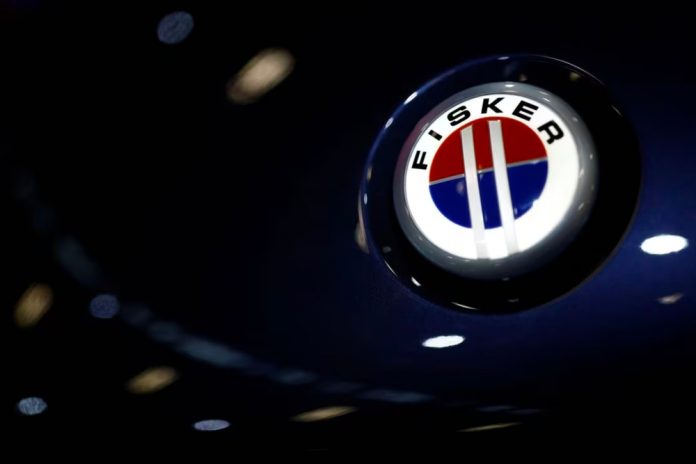Electric vehicle startup Fisker has allegedly hired bankruptcy consultants shortly after warning investors that it may not have enough cash to last the year.
The Wall Street Journal broke the news Wednesday evening after talking to sources familiar with the matter. In its piece, the news platform said Fisker had hired the services of law firm Davis Polk and financial advisory FTI Consulting to prepare for a possible bankruptcy filing. Shares plummeted 82% following the story.
Fisker’s future has been under heavy scrutiny for months, but doubts reached a new peak at the end of this February when it published its (delayed) 2023 earnings report. The startup posted annual revenues of $272 million and net losses of $761 million. The $325 million in cash it held at the start of the year would not be enough to last the coming months, executives warned.
At the time, the company expressed hope that two deals, one with a lender and one with a then-un-named major automaker, would provide the funds needed to survive. In the days following the startup’s earnings report, Reuters reported that Nissan was in discussions with Fisker to invest up to $400 million and assist with U.S. production, with talks expected to conclude in March. With two weeks left before April, it is not clear where negotiations stand with Fisker, Nissan, or the potential lender.
Fisker has faced extensive challenges in bringing its products to market. Manufacturing complications resulted in the delay of its first model, the Ocean SUV, which it was then unable to sell directly to consumers at the rate it had expected. As a resort, the company sought to build up a dealership network, but as of last month, only 13 retailers have signed agreements. Although now the startup reportedly has thousands of vehicles ready for shipment, it remains handicapped by limited distribution.
While Fisker’s problems are hardly unique in the fledgling electric vehicle space, they do appear substantially worse. Rivian, Lucid, and Polestar have managed to launch their respective products, and while profitability remains a distant reality, none appear poised to collapse in 2024. It is difficult to say whether Fisker’s issues are thus external or internal. All that is certain is that without a major cash infusion, the question of bankruptcy is less about “if” and more about “when.”




